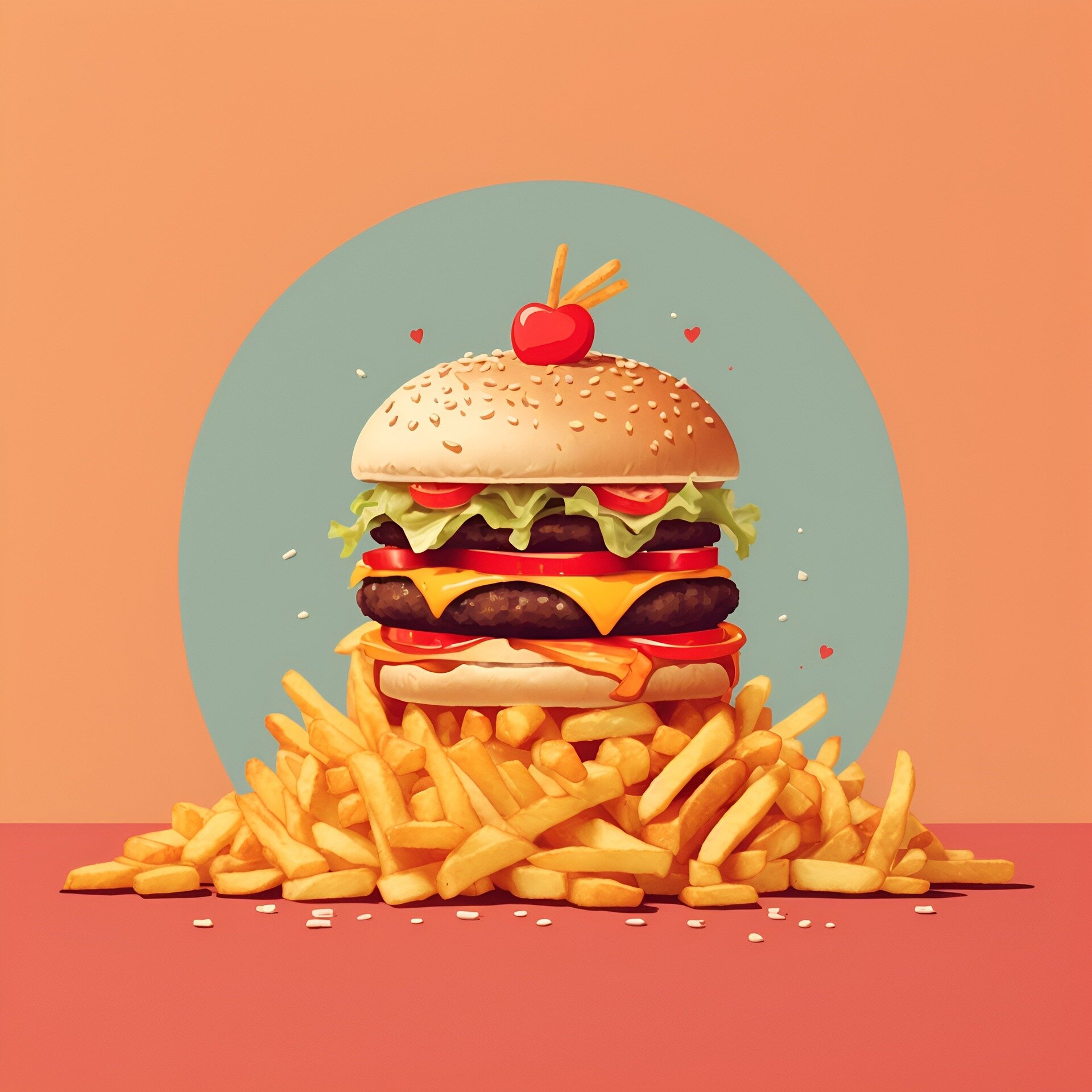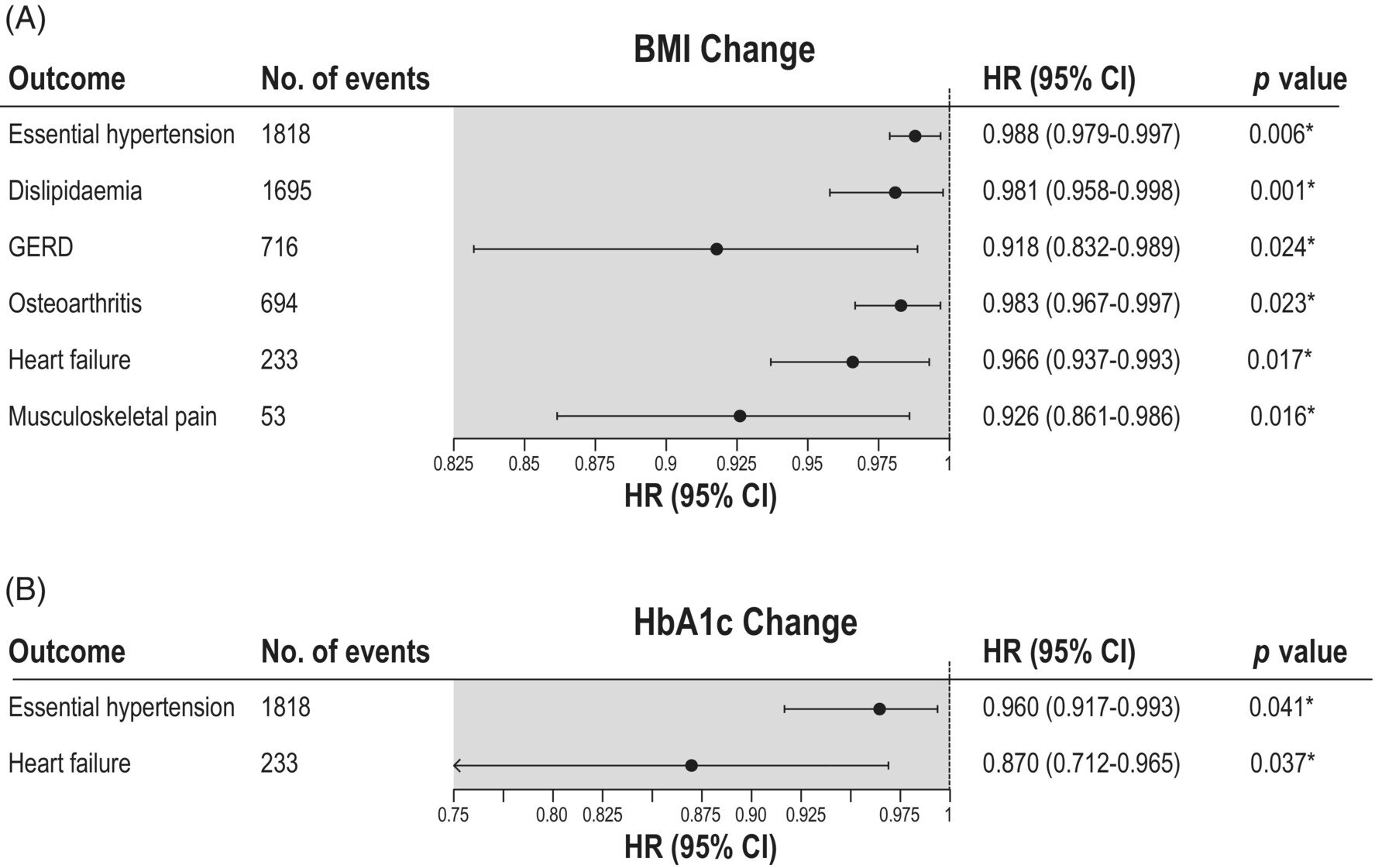
The UK will ban junk food advertising on the internet and daytime TV in a bid to tackle childhood obesity, sparking criticism on the political right over “nanny state” meddling.
The measure was included in the Labour manifesto that won Keir Starmer’s Labour a resounding victory in July, and is due to be introduced on October 1, 2025, the government said Thursday.
The announcement came after Starmer promised wide-ranging reforms to the crisis-hit National Health Service (NHS), in particular by placing a greater emphasis on prevention.
Junior health minister Andrew Gwynne said in a written statement to parliament that more than one in five children in England are “overweight or living with obesity by the time they start primary school” at age four or five.
By the time they leave at aged 11, the figure is more than one third, he added.
“These restrictions will help protect children from being exposed to advertising of less healthy food and drinks, which evidence shows influences their dietary preferences from a young age,” he said.
Advertising for foods that are too fatty, too sweet or too salty will be banned before 9:00 pm on television and completely online.
The ban was supported by the Conservative Party under Boris Johnson, who has talked about his own struggles with weight gain, but was postponed to give manufacturers in the sector more time to adapt.
Others on the political right, however, criticized the move as an attack on individual freedom.
They included the Conservative-supporting Daily Mail, whose front-page headline Friday read “Nanny Starmer’s ban on junk food ads ‘to save NHS'”.
“Keir Starmer ushered in a new era of the nanny state yesterday by unveiling plans for a pre-watershed ban on junk food advertising,” it added.
The Labour government plans other interventions to ease the strain on the health system, such as banning high-sugar and caffeine energy drinks for under-16s.
Children’s think-tank The Centre for Young Lives on Friday urged the government to “ignore ‘Nanny State’ critics and expand sugar taxes, ban (the) sale of energy drinks to under 16s, and roll out national supervised toothbrushing program in schools.”
© 2024 AFP
Citation:
UK to restrict junk food ads in childhood obesity fight (2024, September 13)
retrieved 13 September 2024
from https://medicalxpress.com/news/2024-09-uk-restrict-junk-food-ads.html
This document is subject to copyright. Apart from any fair dealing for the purpose of private study or research, no
part may be reproduced without the written permission. The content is provided for information purposes only.



